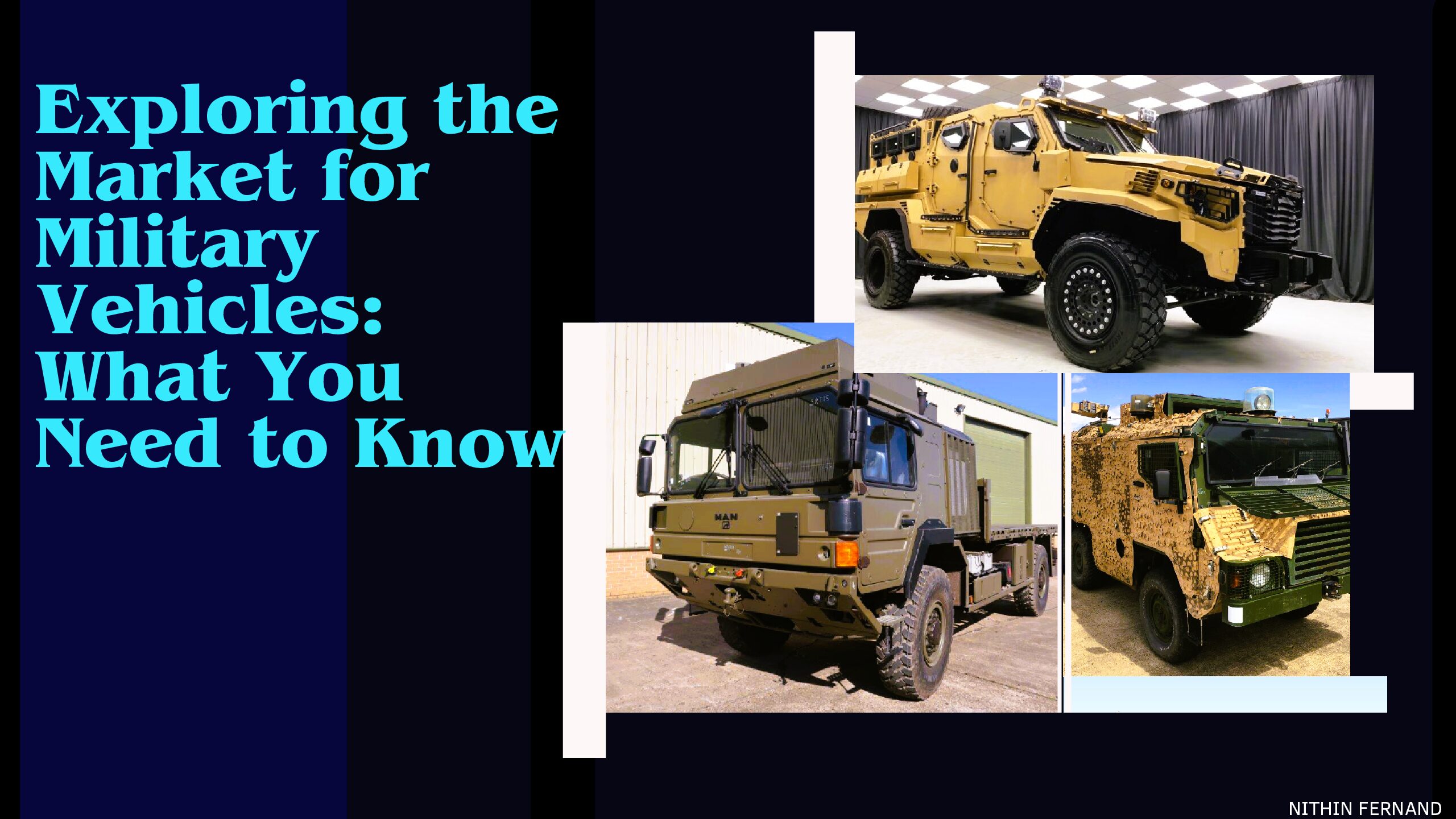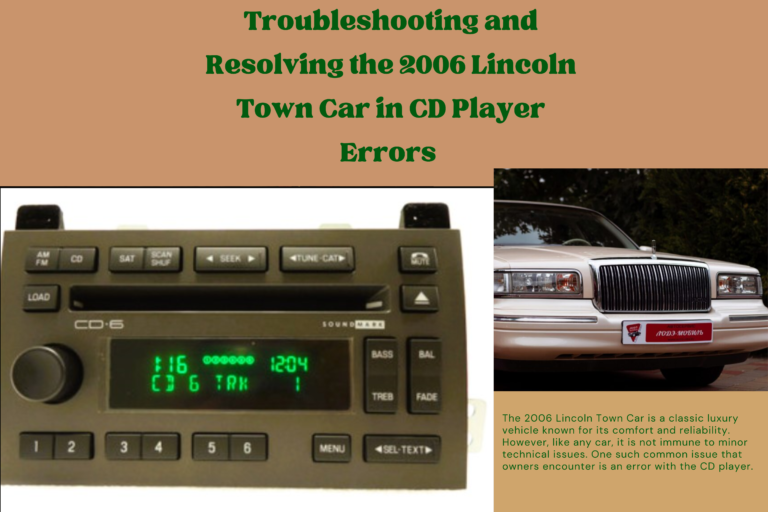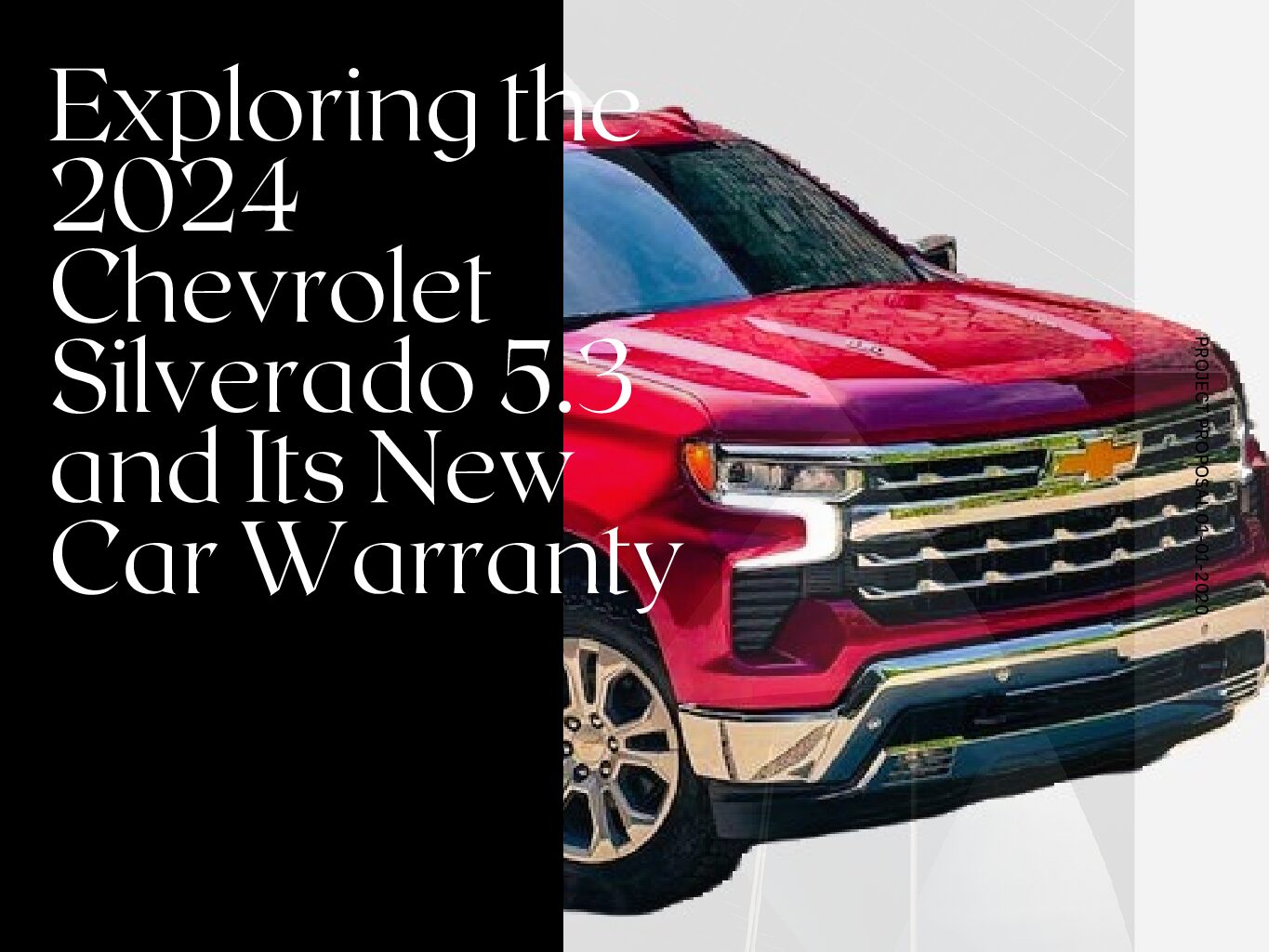Exploring the Market for Military Vehicles 2024: What You Need to Know
The market for military vehicles has seen a noticeable uptick in interest, driven by collectors, enthusiasts, and businesses looking for unique assets. This trend is fueled by various factors, including the vehicles’ historical significance, potential for restoration, and their value as investment pieces.
Understanding the benefits of owning military vehicles—such as their durability, unique design, and growing collector’s market—is crucial for prospective buyers. However, it’s equally important to navigate the regulations that govern the purchase and ownership of these vehicles.
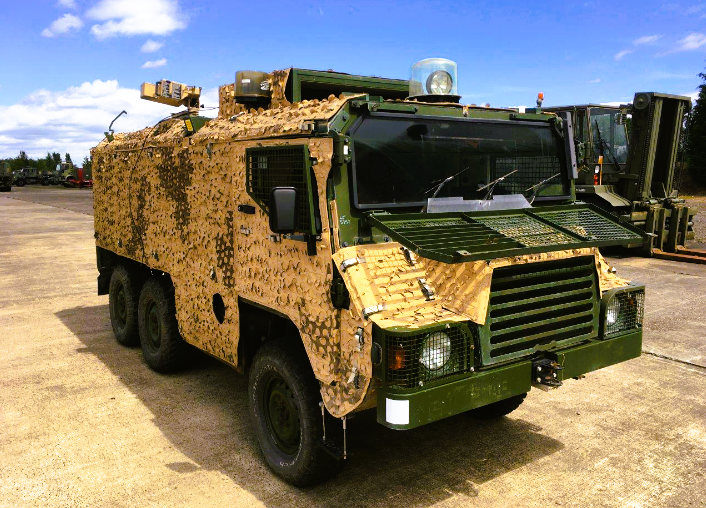
This article aims to provide a comprehensive overview for anyone considering entering the military vehicle market, highlighting key considerations, potential benefits, and essential legal requirements to ensure a smooth purchasing experience.
Table of Contents
Types of Military Vehicles Available
Armored Vehicles
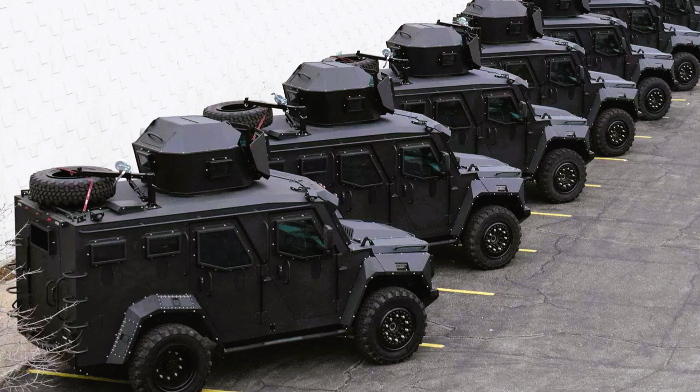
Armored vehicles are engineered for protection and battlefield operations. They are typically equipped with reinforced structures and defensive capabilities.
- Humvees (HMMWV): Versatile and widely recognized, Humvees serve in various roles, including troop transport, reconnaissance, and command and control.
- MRAPs (Mine-Resistant Ambush Protected Vehicles): Designed to endure explosions and ambushes, MRAPs feature a distinctive V-shaped hull to deflect blasts, making them effective for convoy protection.
Tactical Vehicles
These vehicles are built for maneuverability and quick deployments, often used in both military and recreational settings.
- UTVs (Utility Task Vehicles): Compact and equipped to handle off-road terrains, UTVs are used for transport, surveillance, and logistical support.
- ATVs (all-terrain vehicles): Known for their agility, ATVs are used for reconnaissance and can navigate challenging environments effectively.
Support Vehicles
Support vehicles are crucial for logistical operations, providing essential services to front-line units.
- Military Trucks: Essential for transporting personnel and supplies, models like the M923 are common in military logistics.
- Trailers: Military trailers come in various configurations to carry different types of cargo, from equipment to fuel.
Historical Military Vehicles
Collecting historical military vehicles is a passion for many enthusiasts, connecting them with the past.
- Popular Models: Iconic vehicles such as the WWII Jeep (Willys MB), M113 APC, and M60 Patton tank are often pursued by collectors.
- Restoration Tips: When restoring historical vehicles, seek original parts for authenticity, consider joining forums or clubs for advice, and document the restoration process to maintain historical accuracy. Engaging with the community can provide invaluable resources and support.
By understanding these categories, potential buyers can better assess their interests and select the right military vehicle to meet their needs.
Where to Buy Military Vehicles
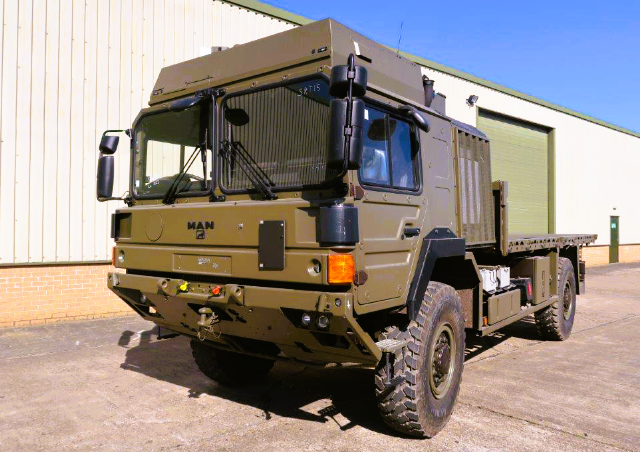
A. Government Auctions
Government auctions are a primary source for military vehicles, often offering a wide range of options at competitive prices.
- Bidding Process: Typically, buyers must register in advance, and auctions can be conducted either online or in person. Participants place bids on the vehicles, and the highest bid wins. It’s essential to understand the terms and conditions, including any buyer’s premium that may apply.
- Common Platforms: Websites like GovDeals, GSA Auctions, and public surplus auctions are well-known for listing military vehicles available for bidding.
B. Private Dealers
Purchasing from private dealers can offer a more personalized experience, often with the ability to inspect vehicles before buying.
- Reputable Dealers: Look for dealers specializing in military vehicles who have established their credibility within the community. Dealers like Military Vehicle Sales and East Coast Military Vehicles are often recommended.
- What to Look For: Ensure the dealer provides vehicle history, including maintenance records and any modifications. Verify their reputation through online reviews and seek recommendations from fellow enthusiasts.
C. Online Marketplaces
The internet provides access to a range of platforms that specialize in military vehicles.
- Overview of Websites: Platforms such as eBay, Military Trader, and specialized forums like Steel Soldiers offer listings for purchasing military vehicles, parts, and accessories. These sites typically allow users to filter searches based on vehicle type, condition, and location, making it easier to find specific models.
- Auctions and Classifieds: Many of these websites feature both auction-style listings and classified ads, enabling buyers to find both competitively priced options and direct sales.
The Top Miltary Vehicles
By exploring these avenues, potential buyers can find the right military vehicles that meet their needs and preferences, while also ensuring they follow proper procedures and work with reputable sources.
Legal Considerations
Ownership Regulations
When purchasing military vehicles, understanding ownership regulations is crucial.
- Necessary Permits and Licenses: Depending on the country and state, buyers may need specific permits or licenses to own military vehicles. In the U.S., for example, some vehicles classified as “military surplus” can be purchased without special permits, while others, particularly those that retain military capabilities, may require additional documentation or licenses.
Registration and Insurance
Registering and insuring military vehicles can differ from standard vehicles.
- Guidelines for Registration: Most military vehicles must be registered as civilian vehicles for street use. This typically involves providing documentation of the vehicle’s purchase, any relevant military paperwork, and passing a safety inspection.
- Insurance: Insurance companies may treat military vehicles differently, often requiring specialized coverage. Buyers should seek insurers familiar with military vehicles to ensure adequate protection and compliance with state laws.
Restrictions on Certain Vehicles
Some military vehicles face legal restrictions that buyers should be aware of.
- Legal Restrictions: Vehicles like tanks, armored personnel carriers, and those equipped with certain weaponry may have prohibitions or require additional permits. For instance, tanks typically cannot be registered for highway use, and ownership of vehicles with live-fire capabilities is often heavily regulated or outright banned.
- Local Laws: It’s essential to check local laws, as regulations can vary significantly by state or municipality, impacting the legality of owning certain models.
Navigating these legal considerations helps buyers ensure compliance with regulations, avoid unexpected issues, and enjoy their military vehicles responsibly.
Factors to Consider Before Purchasing
A. Purpose of the Vehicle
Understanding the intended use for the military vehicle is crucial in making an informed decision.
- Personal Use: If the vehicle is for recreational purposes or personal collection, buyers may prioritize aesthetics, historical significance, and ease of restoration.
- Business Use: For commercial purposes, such as event transportation or utility functions, considerations like durability, functionality, and operational costs become paramount.
B. Maintenance and Repair
Military vehicles often require specialized knowledge for maintenance and repair.
- Considerations for Upkeep: Buyers should evaluate the availability of parts, as some older models may have limited support. Regular maintenance can be complex and may require experienced mechanics familiar with military specifications. Additionally, understanding the costs involved in maintaining these vehicles—ranging from routine servicing to potential restoration projects—is essential for budgeting.
C. Budget and Financing Options
The cost of military vehicles can vary widely based on type, condition, and market demand.
- Typical Prices: Armored vehicles and historical military models can command high prices, often ranging from a few thousand to several hundred thousand dollars. Tactical and support vehicles may be more affordable, starting from around $5,000 to $30,000, depending on make and condition.
- Funding Options: Buyers can explore various financing avenues, including loans from traditional banks, credit unions, or specialized lenders that focus on recreational vehicles. Some dealers may also offer financing plans. It’s advisable to compare rates and terms to find the best option for your financial situation.
By considering these factors, potential buyers can align their choice of military vehicle with their needs, ensuring a satisfying and financially sound purchase.
Exploring the Thrill and Versatility of Powersports Vehicles 2024
NITHIN FERNAND
The Culture of Military Vehicle Enthusiasts
Clubs and Organizations
Military vehicle enthusiasts often find community through clubs and organizations dedicated to the preservation and enjoyment of these vehicles.
- Overview of Clubs: Groups such as the Military Vehicle Preservation Association (MVPA) and various local military vehicle clubs provide platforms for enthusiasts to connect, share knowledge, and participate in events. These clubs often focus on promoting the history and enjoyment of military vehicles, offering resources for restoration and maintenance.
- Events: Regularly organized events, including rallies, parades, and exhibitions, foster camaraderie among members and allow for the sharing of experiences and expertise.
Restoration Projects
Restoration of military vehicles has become a popular hobby, with passionate individuals working on various projects.
- Popular Restoration Projects: Common vehicles for restoration include the WWII Jeep, M151 MUTT, and various armored personnel carriers. Each project often involves a combination of mechanical repairs, bodywork, and sourcing original parts.
- Communities: Online forums and social media groups serve as platforms for sharing restoration tips, experiences, and sourcing parts. Communities like Steel Soldiers and Facebook groups dedicated to specific vehicle models are valuable resources for enthusiasts seeking assistance or inspiration.
Exhibits and Shows
Events showcasing military vehicles provide opportunities for enthusiasts to view, learn about, and celebrate these iconic machines.
- Upcoming Events: Events such as the MVPA’s annual convention, local military vehicle shows, and reenactments often feature a wide array of military vehicles on display. These gatherings not only allow for the appreciation of the vehicles but also facilitate networking among enthusiasts and collectors.
- Participation: Some events encourage vehicle owners to participate by bringing their own vehicles, allowing them to share their restoration stories and connect with others who share their passion.
Engaging with these aspects of the military vehicle culture enriches the ownership experience, providing opportunities for education, connection, and community involvement.
Conclusion
The military vehicle market presents a unique blend of history, engineering, and community that appeals to enthusiasts, collectors, and practical users alike. From armored trucks to historical Jeeps, the diversity of military vehicles offers something for everyone. Their robust designs, fascinating histories, and potential for restoration make them not only functional assets but also cherished collectibles.
As you consider entering this market, it’s essential to conduct thorough research on the types of vehicles you’re interested in, understand the legal and financial implications, and evaluate your specific needs—whether for personal enjoyment, business utility, or restoration projects.
Engaging with the military vehicle community through clubs, online forums, and local events can provide invaluable insights and support. This community is passionate and knowledgeable, making it a great resource for both new and seasoned enthusiasts. By leveraging these connections, you can enhance your experience, find resources for maintaining or restoring vehicles, and discover upcoming events that celebrate this fascinating aspect of automotive history.
Optional: Resources
For those looking to delve deeper into the world of military vehicles, the following resources can provide valuable information, insights, and community connections:
Websites:
- Military Vehicle Preservation Association (MVPA): mvpa.org
A leading organization dedicated to the preservation and enjoyment of military vehicles, offering resources, events, and a community of enthusiasts. - GovDeals: govdeals.com
A platform for purchasing government surplus items, including military vehicles, through online auctions. - Steel Soldiers : steelsoldiers.com
An online forum for military vehicle enthusiasts to share experiences, tips, and restoration projects. - Military Trader: militarytrader.com
A publication and website that features articles, classifieds, and events related to military vehicles and collectibles.
Books:
- “The Military Vehicle Preservation Association Guide” by MVPA
A comprehensive resource covering the history, restoration, and maintenance of military vehicles. - “Wheels of War: World War II Vehicles” by Pat Ware
This book provides insights into various military vehicles used during WWII, along with photographs and specifications. - “The Complete Guide to Collecting Military Vehicles” by Eric J. Wight
An informative guide on the nuances of collecting military vehicles, featuring tips on buying, restoring, and maintaining them.
Forums and Online Communities:
- Facebook Groups: Search for groups dedicated to specific military vehicles or general military vehicle restoration and collecting, allowing for real-time interaction and networking with other enthusiasts.
- Reddit: The subreddit r/Military Vehicles is a great place to join discussions, ask questions, and share experiences with a community of like-minded individuals.
By utilizing these resources, aspiring military vehicle enthusiasts can gain a deeper understanding of the market, find inspiration for restoration projects, and connect with fellow collectors. Happy exploring!
FAQs
1. What is the number of military vehicles?
Over 420,000 ground vehicles are operated by the Pentagon, according to online sources. Non-combat vehicles, such as staff cars, delivery vans, box trucks, pick-up trucks, fuel trucks, water trucks, dump trucks, fire trucks, buses, etc., make up about 170,000 of those.
2.What qualifies as a military automobile?
All ground combat and transport vehicles—aside from rail-based vehicles—that are intended for or heavily utilized by military forces globally are classified as military vehicles. Check out the list of armored combat vehicles as well.

